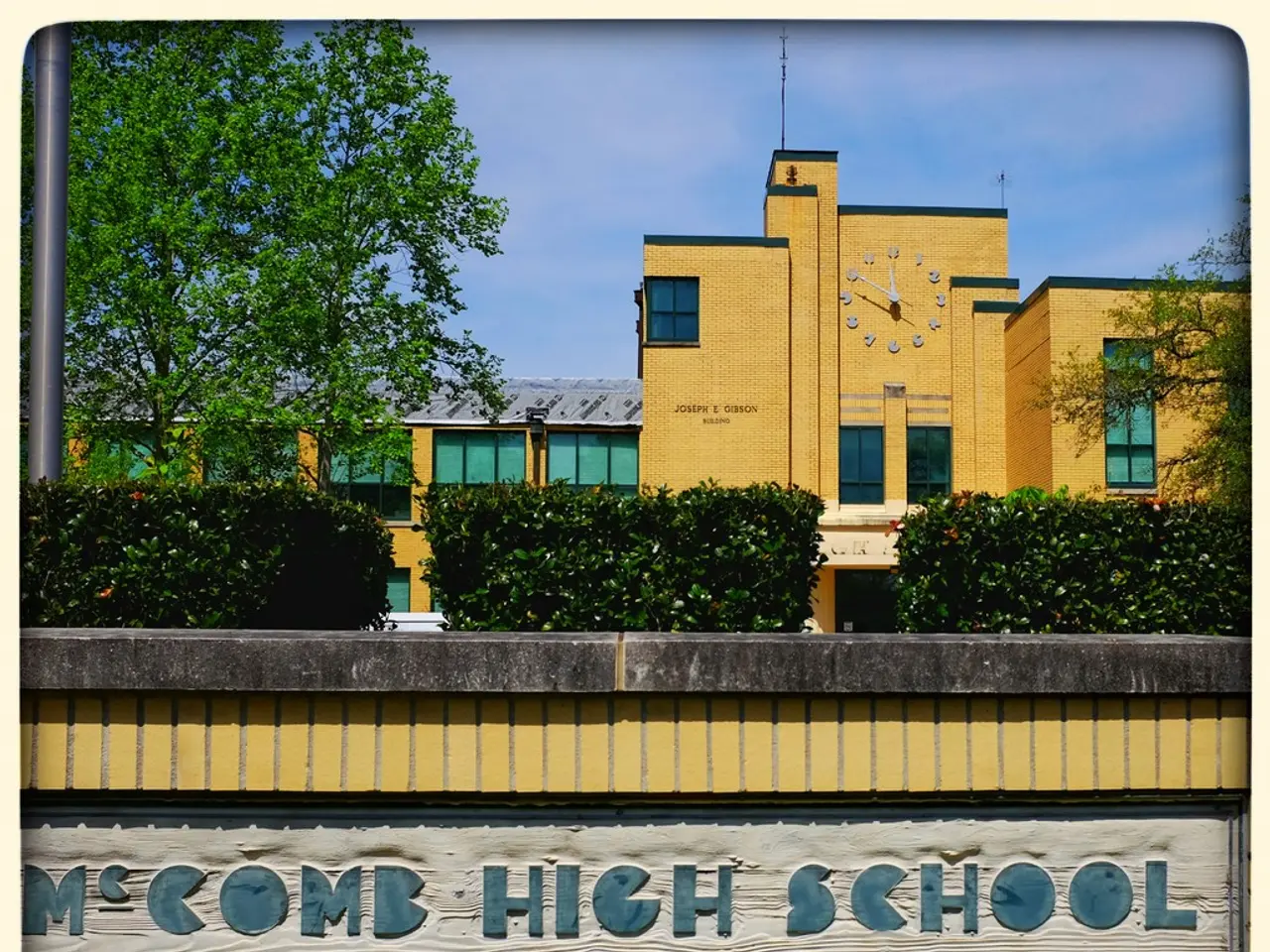Experiment in temporary housing: exploring eco-friendly architectural designs
In an innovative move, students at Bergische University in Germany recently had the opportunity to immerse themselves in a unique living experiment known as the Living Lab NRW. This temporary home, located at the Nordbahntrasse, Faculty of Architecture and Civil Engineering, offered a platform for students to test and enjoy various housing designs that emphasise sustainability, design quality, space efficiency, and technical innovations.
Spanning four blocks, each lasting one week, the Living Lab NRW served as a blend of studying and living experiences. Students actively participated in a scientific field trial, living within these temporary homes while conducting research on the everyday usability of reduced living space and the impact of circular building on architecture.
The goal of this experiment was to make transformation in the construction sector not only theoretically discussable, but also experiential and measurable. By living in these sustainable homes, students gained a first-hand understanding of the practical applications of their designs, providing valuable insights for the further development of sustainable living concepts.
During their stay, students shared their impressions, assessments, and suggestions for improvement through structured surveys and interviews. An architecture student commented, "Living directly in the building shows us how compact we can live and how little space we actually need - as future planners and users."
The findings from these living phases will be incorporated into the development of future sustainable living concepts at the Living Lab NRW. With further living phases planned for the coming winter, this innovative project continues to push the boundaries of sustainable living and architecture.
For detailed outcomes or specific student proposals from this experiment, we encourage readers to consult Bergische University’s official publications, project reports, or their architecture department’s press releases, as they often document these experiments comprehensively. The Living Lab NRW serves as an interdisciplinary interface between research, teaching, and practice, making it a valuable resource for those interested in sustainable living and architectural innovation.
Students in the Living Lab NRW at Bergische University conducted research on sustainable living through a scientific field trial, focusing on the everyday usability of reduced living space and the impact of circular building on architecture. The experiment aimed to make sustainable transformation in the construction sector practical and measurable, providing students with valuable insights for the development of sustainable living concepts. By living in these environmentally-focused homes, students gained a first-hand understanding of sustainable-living lifestyle impacts and how this knowledge can be applied to home-and-garden designs.




